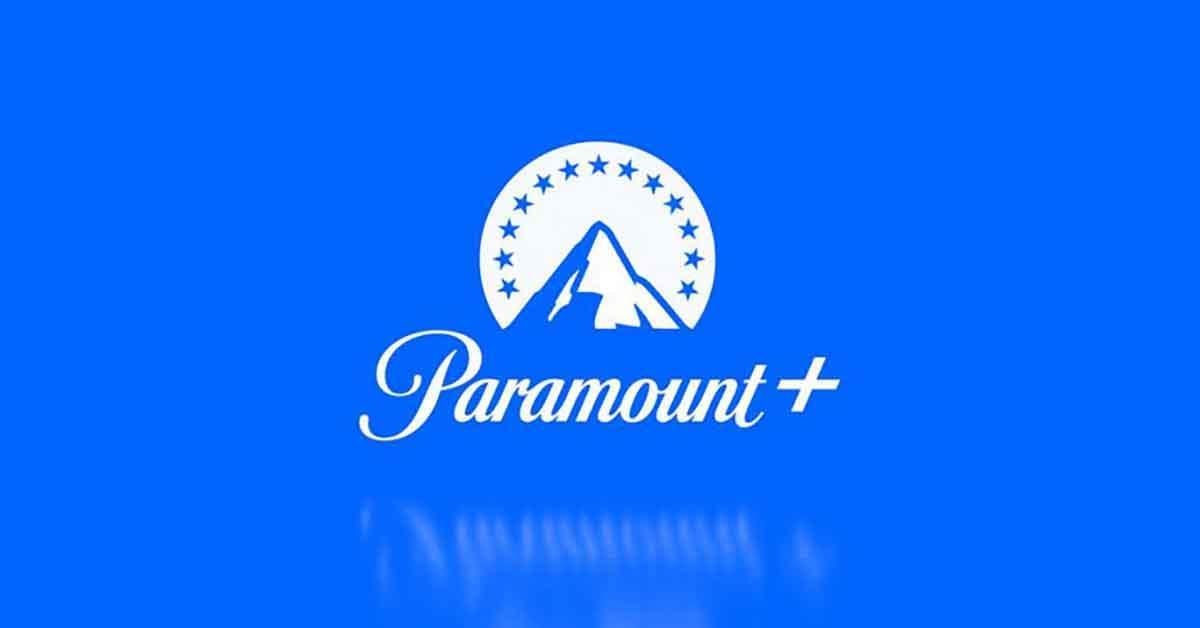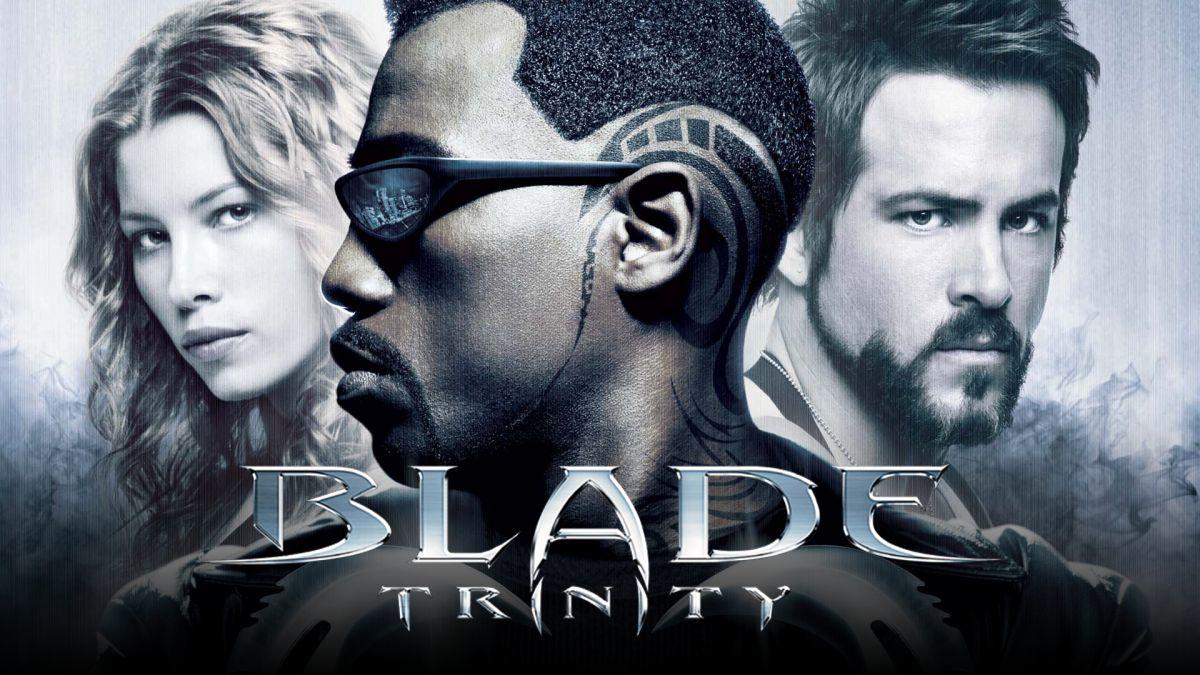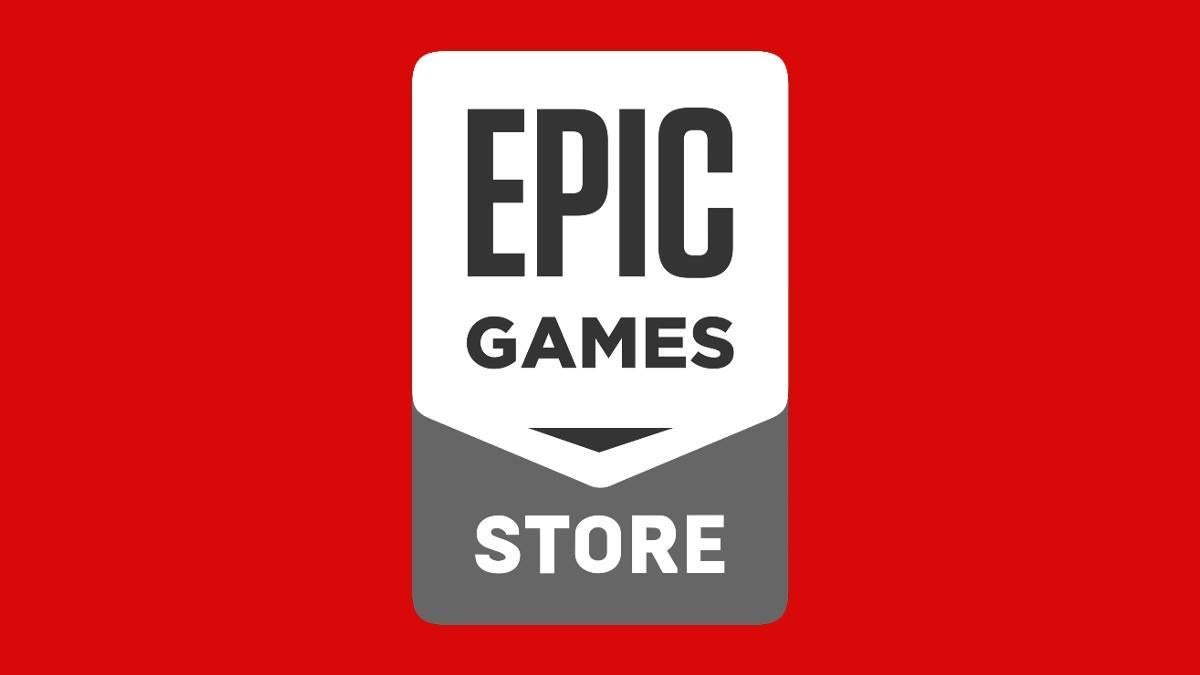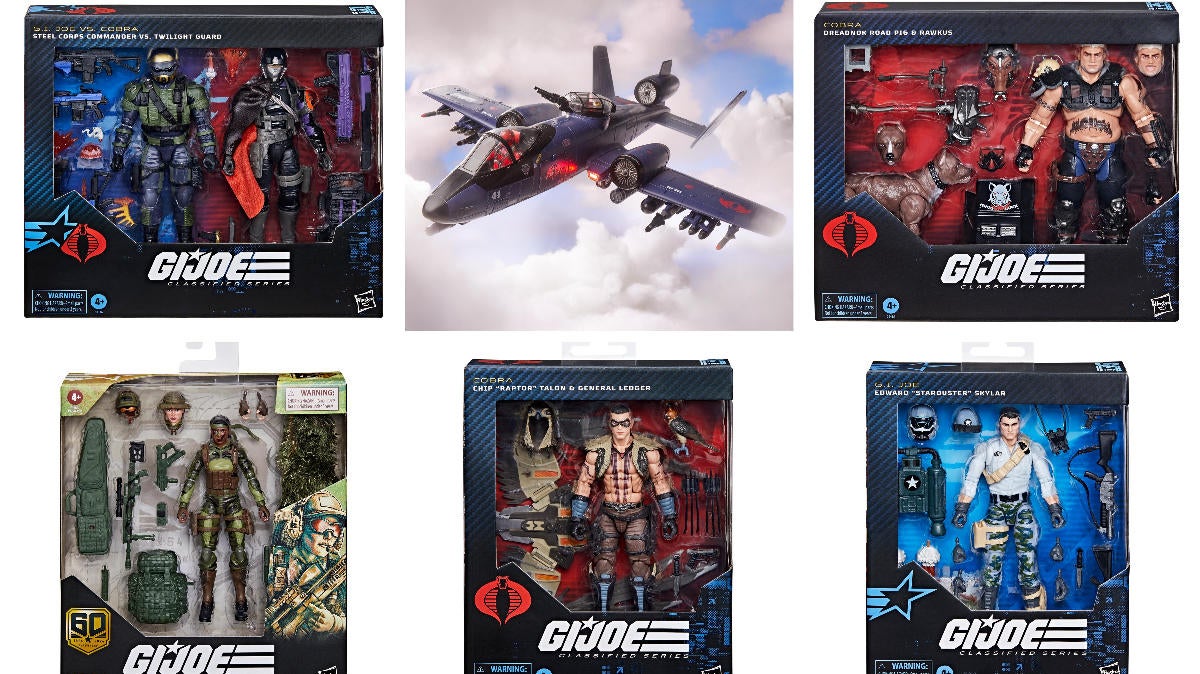Exclusive: Mark Long On Rubicon: The Beginning, Machinima's Prequel To His Acclaimed Graphic Novel
Mark Long has teamed with screenwriter and director Chris McQuarrie (the mind behind The Usual [...]
Mark Long has teamed with screenwriter and director Chris McQuarrie (the mind behind The Usual Suspects and Jack Reacher) to craft the pilot for Rubicon: The Beginning, a webseries that tells a story leading into the graphic novel from Archaia on which the pair worked. In the graphic novel, five paramilitary Navy SEAL operators defend the residents of a remote mountain farming village in Afghanistan from attacks by marauding Taliban. Led by the war-weary Hector, the operators and villagers form mutual bonds of honor and respect leading up to a climactic battle where the "Lions of Panjshir" are desperately outnumbered. Based on a story concept by McQuarrie, Rubicon is a modern re-imagining of Akira Kurosawa's classic Seven Samurai set within the lens of the Afghan conflict and given dramatic authenticity by co-writers Long (author of The Silence of Our Friends and Shrapnel) and Dan Capel (a founding member of SEAL Team Six). Rubicon: The Beginning picks up shortly before the events of the graphic novel, and revolves around a character who dies early in the comic, giving depth and texture to a seemingly-throwaway character and helping to explain how his life and death informed and motivated the events of the original story. Long joined ComicBook.com to talk with us about Rubicon: The Beginning, and to share the pilot, which went live via Machinima last week (you can see it embedded below).
ComicBook.com: What is the elevator pitch for this in your mind? Mark Long: That's a good question. Well, I typically describe Rubicon as Seven Samurai with SEALs in Afghanistan, but the pilot is the prequel to the graphic novel. I'm a transmedia evangelist; I'm really enthusiastic about telling stories across multiple media and transmedia is just a fancy word for that. You hear it described in a business context of from a storyteller's context, instead of platforming, which is repeating the story in each media, you're telling a different part of it. So the pilot tells the story of a character who's killed in the first pages of the graphic novel and each piece stands alone but if you happen to read the graphic novel and see the pilot, you'll understand why the characters in the graphic novel are profoundly saddened by his death and what he meant to those characters. ComicBook.com: There's got to be a benefit to doing this as a prequel, right? By its very nature, you don't necessarily have to have read the graphic novel in order to understand it since it's not dependent on that story but leading to it. Long: It's chronologically a prequel but in good transmedia design, each part stands alone and doesn't require you to consume any of the other pieces. So you get what is sometimes called added comprehension from consuming both. And that's the real enjoyment, is that if you're a real fan of whatever the story is, you're rewarded for consuming both pieces in a way that another fan isn't. ComicBook.com: Do you think it's inevitable we'll see more and more of this? Long: Yeah, I think it's an imperative from two directions: from teh fan direction, we are getting as consumers incredibly sophisticated in terms fo story. I think of Game of Thrones and the insane plate-spinning act that is. There are seven major kingdoms, each one with five to ten major characters. They have over fifty major characters in their series and yet we are able to track each one of them. And then on top of that, the writers are reversing character arcs. The character will start off one way and then become a villain or a hero, not even in one season but over the span of two or three seasons. Yet, we can track all of that as consumers. If I watch older television, anything older than ten years, you can see it coming a mile off, right? I have no patience for it. From the studio or the publisher's perspective, increasingly these companies are all vertically-integrated and have divisions across all these media so the studio heads would love to see creators actualize in all of those areas. But it's really only a handful of people who are really pulling this off and doing it well.
ComicBook.com: Do you think it's easier to wrap people's heads around Rubicon because comics are no longer synonymous with superheroes? I mean, every studio head in the country knows the value of 300.... Long: Oh, I think it's well beyond that now. We're in a time where the comics and graphic novel industry, looks down on titles that are very obviously designed to be a feature project. In some ways, a graphic novel or a comci is just like a picture book script; it's easy to consume for a harried producer. They're well-accepted and increasingly they're looking to other media like this pilot. More often, you're seeing pilots become the equivalent. I would argue that pilots are the new hotness, while graphic novels aren't passe or past, but they're not generating the same level of interest they did five, seven years ago. ComicBook.com: Comic book readers are typically people who are used to coming back for more and more and more installments and to always knowing that this is an ongoing, evolving thing. Do you think that's really in a lot of ways to target that kind of audience for a recurring feature like a franchise? Long: I agree with you, but I agree for a different reason. For whatever reason, comic fans are...if you do a Venn diagram of all things fanboy -- science fiction, all those spectacle/special effects films, stuff like Machinima -- comics are in the very center of that diagram. There's a reason all of Hollywood descends on Hollywood to trot out their crew, their cast and share exclusive footage. It's a very passionate and vocal fan base that are influencers to people in their office. Often the comic fan is I think someone that you go to and say, "Dude, what are you playing? What are you watching? What are you reading?" ComicBook.com: For Rubicon in particular, what do you see as your next step? Is it moving past the timeline of the graphic novel for a series or shooting for a feature, or what? Long: Obviously there's the series that we hope to see happen, but the pilot needs to find an audience in the same way that Amazon has designed their pilot program. And of course, the original idea was Chris McQuarrie's and he hopes to write and direct a feature that's tied to the franchise.
From the creative duo of Chris McQuarrie (The Usual Suspects, Way of the Gun, Jack Reacher) and Mark Long (Shrapnel, Silence of Our Friends) comes RUBICON: a gritty new contemporary military-action-thriller franchise that examines the very real shadow world of NCO operatives and clandestine special forces operating inside US territories. In this live action prequel to last year's critically acclaimed graphic novel, MIKE, a seasoned Navy Seal turned fixer, and SMASH, his loyal ex-CIA partner (whose agency connections allow them to operate in secrecy and with relative impunity) must face their greatest challenge yet: a disturbing alliance between a powerful Mexican Drug Cartel and the Japanese Yakuza. With multiple branches of US intelligence watching their every move and two of the largest crime syndicates in the world working in collusion against them, Mike and Smash will either succeed in their mission to dismantle this dangerous new empire or die trying.




